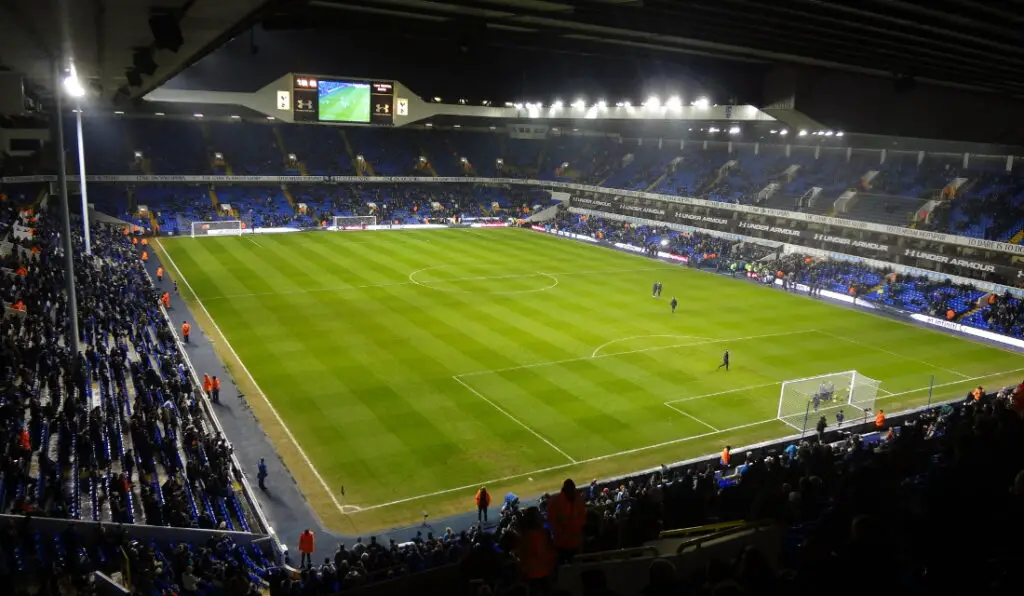In recent years it’s become clear of the ridiculous amounts of money football teams can make, and the insane rate at which they burn through said money. To sustain unprecedented levels of spending, top teams need to find ways beyond just footballing matters to generate revenue.
A player’s stats are like odds in a way. Their stats are no guarantee they’ll replicate such success but they provide an indicator. But that doesn’t always matter. While many teams routinely spend millions on flops, many sides are the ones flogging the flops and making huge profits.
For many teams that are self-sustaining and profitable, the scouting department and ability to recognise profitable talent is the driving force for their on and off-the-pitch success.
Every year football teams gamble. Their transfers, backroom staff changes, and even upgrades to training complexes are all betting on short-term success.
Investing to improve a team for the season usually involves hundreds of hours of scouting to test a player’s likelihood of replicating success at a higher level.
Naturally, the heartbeat of a club on the field AND financial success is the Scouting department.
It’s by far the best way for clubs to remain successful and relevant in a means that relies purely on football.
But as big as profits can be from these clubs’ models, it’s always a gamble signing any player. Many big and small clubs find ways off the pitch to make money by diversifying their revenue.
Tottenham are one such club.
As shrewd as Daniel Levy is with his transfer dealings, he’s even more astute in the ways he gets more out of his investments off the pitch.
Since 2019 Tottenham has been hosting NFL games regularly. The deal was initially struck in 2015, but Spurs had to wait until they moved into their new stadium. In return, Spurs gained some huge benefits to help support their transition into one of England’s most popular clubs.
Outside of gate receipts and on-the-day profit from food and other amenities, the club signed a staging contract worth $40 million, stipulating that Tottenham must host at least 2 NFL Games a year. Most recently, the Jacksonville Jaguars upset the NFL odds to beat the Buffalo Bills in a thrilling encounter which made headlines around the world.
This has advertised their brand to an entirely new, untapped audience. With team jerseys becoming a staple even amongst those who don’t particularly enjoy sports.
Tottenham make millions off of merchandise sales globally, which helps promote the club as a ‘brand; aiming to replicate the same models as Man United, Barcelona and Real Madrid.
The club has also been donned the UK’s ‘Home of the NFL’ to the point where the side even made a bid to host the 2026 Super Bowl.
The NFL also invested $12.5 million into the initial building of the 62,850-seater, creatively named ‘Tottenham Hotspur Stadium’. This name is of course a work-in-progress, with the side holding off on a name to secure their biggest cash influx yet.
Spurs will almost certainly be planning to sell the naming rights off to their stadium. Such deals generate massive cash windfalls for clubs, as companies are willing to put hundreds of millions on the line to secure a piece of football history.
Arsenal’s ‘The Emirates’ has become so synonymous with football that it’s easy to forget it’s a giant corporation.
Add the fact that these companies immediately gain the allegiance of millions of supporters who will look upon your brand favourably, and you can see why so much money is on the line for just one or two words.
With £300 million contracts being handed out to NFL teams in America, this link could pay incredible dividends. With a company having the opportunity to see influence in both Soccer and American Football markets.
Further still, the Stadium is rented out for concerts as they try to expand outside of football, with sell-out arena shows fuelling even more revenue. The club is doing what it can to pay off the 1 Billion dollar stadium as quickly as possible.
It’s working too. In 2022 Tottenham boasted an increase in total revenue of 23%, bringing the figure to £444 million for the year, and made a profit from all operations of £112 million, up by 16% from the previous year.
All that while overpaying for players in a few cases, and making some unsuccessful investments in the wrong players.
It’s clear when you look at Spurs over the last 5 years that Levi has put all his time, money and energy into building the club’s brand.
10 years ago seeing a Spurs shirt overseas was an oddity, but merchandise featuring their trademark Cockerell and ball have become as common as seeing Manchester City badges overseas.
For all the flack Levi gets on his transfer policies, you can’t deny that by running the club as a business in its own right, he’s launched Tottenham to heights never thought possible when he first took charge in 2001.




